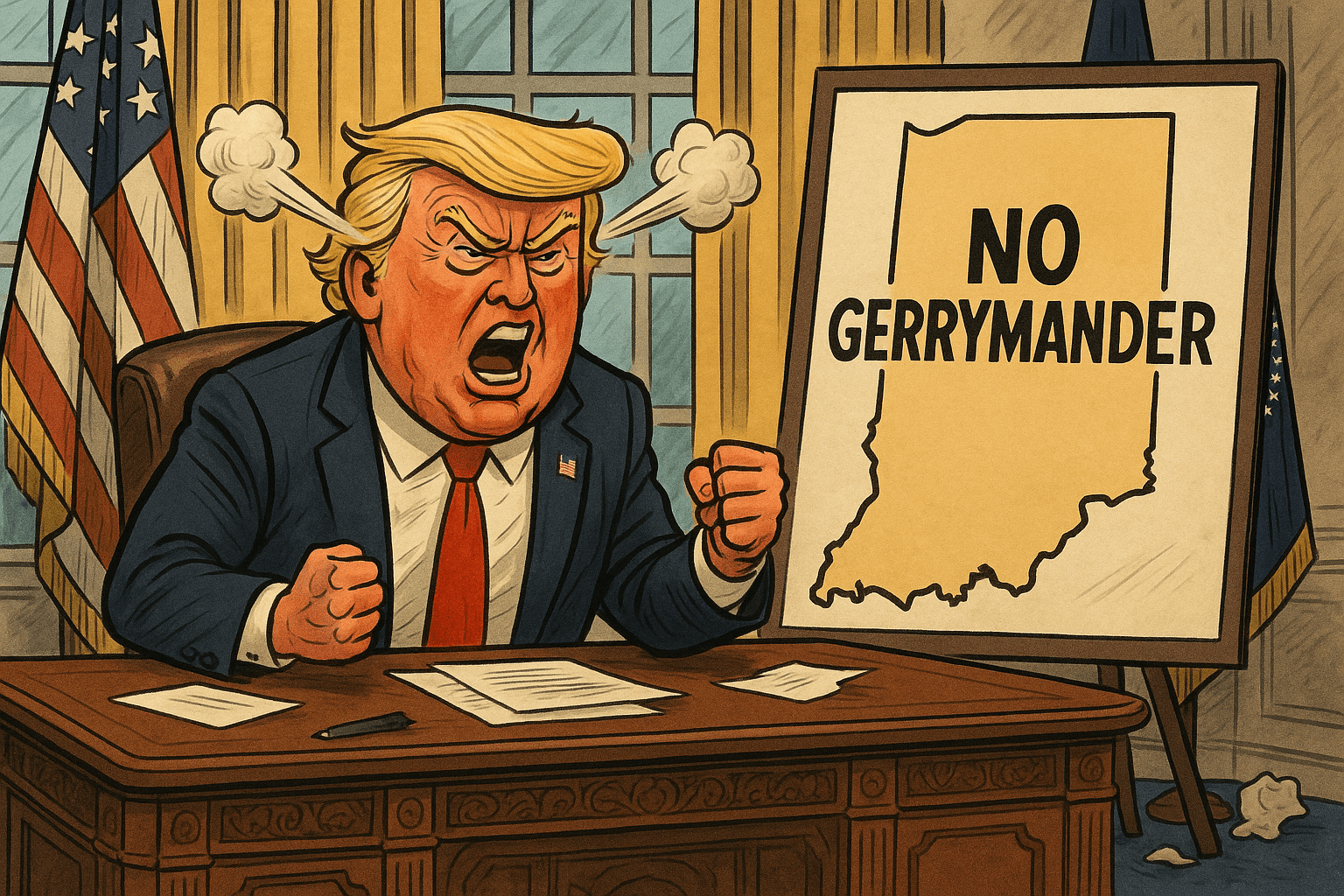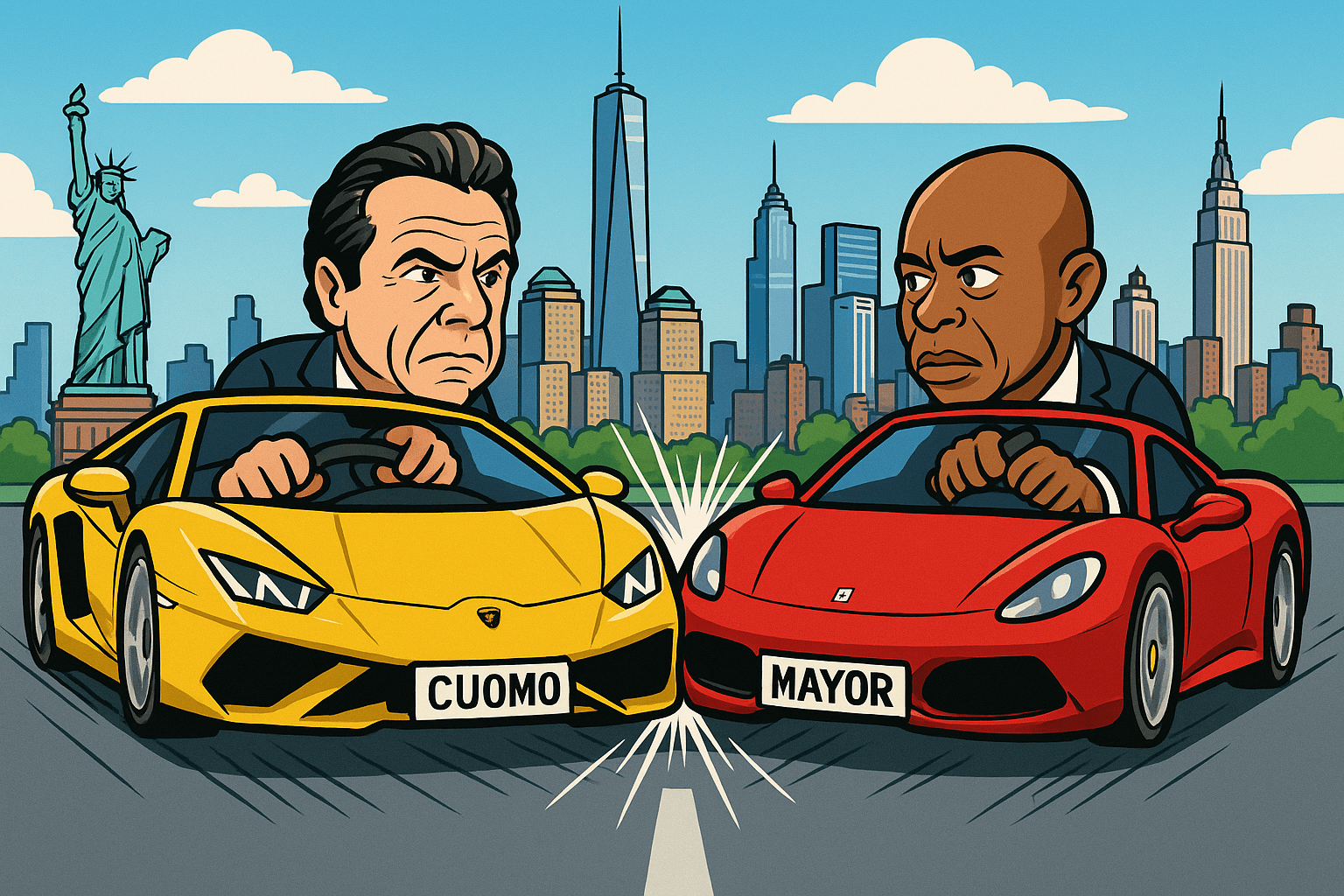Andrew Yang: People Are Fed Up with an Electoral System That Doesn't Care About Voters

Photo Credit: Gage Skidmore / Flickr
US elections are the foundation of a paradoxical system. Voters are told every vote counts, but then see a presidential nomination process that is considered a done deal after not even 1% of voters have cast a ballot.
That is, if voters are even allowed to participate or given a voice in the process, which is entirely up to two private political corporations -- the Republican and Democratic Parties.
Former Democratic presidential candidate and Forward Party Co-Founder Andrew Yang made a point to discuss this in his latest podcast with former Massachusetts Lt. Governor Kerry Healey.
Healey is a former Republican who is now a part of the Forward Party. She said her party moved so much toward the ideological extreme that she no longer felt like she had a political home in the GOP.
The primary discussion between Yang and Healey is about the Forward Party's 2024 plans, which will not include the presidential election but will focus more on building momentum at a local level.
Yang believes it is smart for the Forward Party to stay out of the presidential contest because the system is designed at every level to serve the interests of the two major parties. It's a system that shuns competition rather than embracing it.
And it doesn't really care what voters have to say.
"I tried to point out how unrepresentative our primary is," Yang said.
"Maybe 530,000 people have cast votes in two states, Iowa and New Hampshire, in a country of 340 million, let's say. That comes down to less than 1/5 of 1% of Americans have voted, and they say it's over!"
There are still 48 states that have yet to hold their presidential preference elections. Yet the message voters across the country have received is "your vote doesn't matter." They are stuck with a 2020 rematch that most voters didn't want.
"There is this very unrepresentative party machinery that says here are your choices, and people are increasingly fed up," Yang said. "So, you are seeing people trying to build alternatives."
Notably, third party and independent candidates are getting more attention than any third option since Ross Perot in 1992 -- from the bipartisan group No Labels to independent candidate Robert F. Kennedy Jr.
The odds of an alternative option winning the presidential election is practically zero because of how the system has been designed. However, this increased attention could help candidates outside the major parties win at the local level.
"The situation right now requires action," Healey said. "Everyone feels this strong call to action in 2024 because what we see happening in front of our face is not acceptable and a real threat to democracy."
Healey says the Forward Party's short-term strategy is called the "reverse coattail."
There are over half a million down ballot seats up each election cycle and 70% of them run unopposed and another 10% go unfilled. These are important positions that affect voters at the state and local levels.
"We hope to encourage any number of people to step forward in their local community, whether it is running for schoolboard or planning board or running for mayor, city council, or state legislature," said Healey.
She added that she hopes to attract the "ideal civic leader" who can bring "responsible voters with them to the ballot."
The rules make it difficult for third party and independent candidates to get on the ballot in many of these elections, but at a time when voters desperately want more choice, the avenue for success could present itself.
Check out the full conversation between Yang and Healey above.
 Shawn Griffiths
Shawn Griffiths






